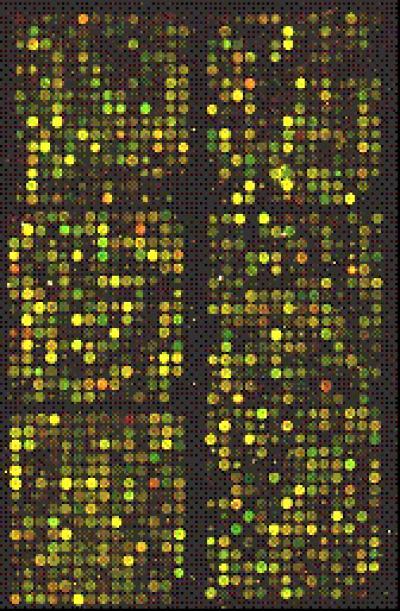In the field of developmental neurobiology, accurate and ordered regulation of the cell cycle and apoptosis are crucial factors contributing to the normal formation of the neural tube. Preliminary studies by Xinjun Li and colleagues from Deyang People's Hospital have identified several genes involved in the development of neural tube defects. Their recent study published in the Neural Regeneration Research (Vol. 8, No. 20, 2013) established a model of developmental neural tube defects by administration of retinoic acid to pregnant rats. Gene chip hybridization analysis showed that genes related to the cell cycle and apoptosis, signal transduction, transcription and translation regulation, energy and metabolism, heat shock, and matrix and cytoskeletal proteins were all involved in the formation of developmental neural tube defects. Among these, cell cycle-related genes were predominant. Retinoic acid treatment caused differential expression of three cell cycle-related genes p57kip2, Cdk5 and Spin, the expression levels of which were downregulated by retinoic acid and upregulated during normal neural tube formation. The results of this study indicate that cell cycle-related genes play an important role in the formation of neural tube defects. P57kip2, Cdk5 and Spin may be critical genes in the pathogenesis of neural tube defects.

This is a gene sequence scanning image of the rat embryonic neural tissue at embryonic 10.5 days. Normal control group labeled with Cy3 markers (green); retinoic acid group labeled with Cy5 (red). If the Cy5 signal was stronger than the Cy3 signal, the two fluorescent signals were superimposed and stained red, otherwise they were stained green.
(Photo Credit: Neural Regeneration Research)
Source: Neural Regeneration Research